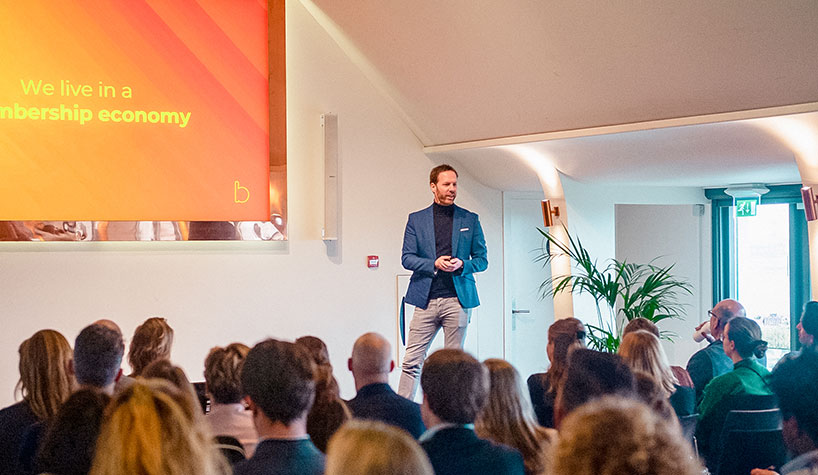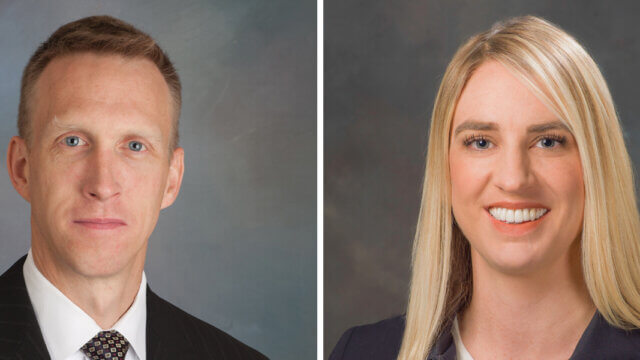INTERNATIONAL REPORT—COVID-19 has undoubtedly changed not only the hotel space but the world as we know it, especially in regard to cleaning, health and safety. As hoteliers institute new sanitation and social-distancing protocols, there are other concerns that they must consider.
COVID-19 has brought on a new set of human resources challenges that hotel leaders must manage, not only to keep operations afloat but to retain their workforce. In fact, the COVID-19 outbreak exposed not only some HR hurdles but insight into the changing hospitality workforce.
“The lockdown put the spotlight on the social side of corporate sustainability—how the hospitality organizations deal with the temporary reduction in staff is demonstrative of their culture and, by extension, will influence the ‘employer brand’ of these entities,” said Mikhail Romanenko, lecturer of MDc and bachelor programs at the Swiss Hotel Management School in Lausanne, Switzerland. “The challenge that appears to be amplified is the psychological contract—issues of responsibility, trust and commitment on both sides.”

Romanenko added that as employees return to the workplace—especially back-of-house and support employees—leadership will have to deal with those who now realize they can work effectively from home.
“More agile companies will likely embrace this in the name of work/life effectiveness and improved employee engagement; others will struggle to change the collective perception of homeworking. I hope this will be a much needed push to redesign certain positions to be more inclusive and accessible,” Romanenko said.
For Michael Ros, CEO of Bidroom, a membership-based hotel booking platform, as employees returned to the office there were some layout and behavioral complications regarding safety and distancing, but that flexibility, understanding and constant communication can help iron out these new hurdles.
“It’s important for hotel GMs and management to show staff that they are in the same boat and that everyone is under pressure in different ways,” Ros said. “Good leaders show empathy but are not afraid to make difficult decisions. For instance, if a hotel is closed for half a year and it loses financial viability, good communication is to say to everybody that business has to be suspended, redundancies will happen. But you have to communicate with all stakeholders and be honest about why. However—and importantly—after COVID, if you let people go, you have to rebuild with new people, so recovery will take much longer.”
Romanenko agrees that agility and openness to change are key as circumstances are changing by the minute; however, this change doesn’t come without its challenges.
“Cultivating the sense of togetherness, commitment and making short-term sacrifices when it comes to cost-cutting should communicate well enough to the employees that the enterprise cares,” Romanenko said. “The current situation is putting employer/employee relations to the test. Keeping the employees engaged is going to boil down to how much the short to mid-term financial objectives dominate other, non-financial indicators. Managerial myopia when it comes to cost-cutting is likely to be the most detrimental to employee engagement. Thus, corporate decision-makers must err on the side of caution when deciding how the property-level management’s success should be measured during these difficult times.”
Romanenko said that reintegrating the workforce and gaining their trust and engagement is on the agenda for this year, noting that it’s a workforce that has been evolving even prior to the COVID-19 outbreak.

“My current BA students, who can be considered early Gen Z, appear far less cynical about the world of work and society in general while remaining keenly aware of such challenges as environmental sustainability,” Romanenko said. “What works in the classroom is giving them tangible results frequently, letting them know where they stand and making sure they see meaning in what they do. In the workplace, for example, this could translate into more frequent, informal performance reviews and career conversations.”
The industry is also seeing an uptick in freelance and part-time workers, and Ros notes that these employees should be treated just as significantly as the rest of the team.
“Many in the 18-40 age range prefer the gig economy,” Ros said. “They may be studying or doing a second job as well as working in a hotel. It’s vital for hoteliers to embrace freelancers and make them feel part of the team. Your service delivery depends on it. Make sure younger employees are led and inspired by trusted members of full-time staff who know the answers to operational questions.”
Both Romanenko and Ros agreed that as the industry faces new challenges and as more arise, leaders should seize this opportunity to innovate and engage.
“At Bidroom, we are using the crisis as a time to innovate, push our limits and improve our product and service,” Ros said. “For example, we have just released our Bidroom App. Furthermore, ahead of the expected post-COVID upturn, hoteliers should ask staff for ideas on how to generate sales. Seek their input on operational matters and involve them in the decision-making process for the reopening.”


